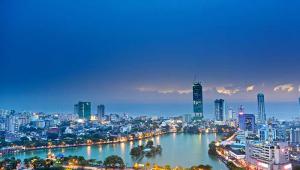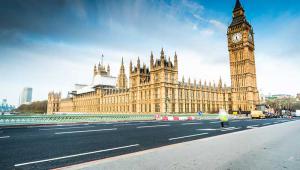The loan aims to boost the way people in areas with weak community institutions collaborate with local government authorities in an effort to improve roads, healthcare and sanitation.
It is hoped that the initiative will improve the quality of life of about one million people living in Sri Lanka’s Northern, North Central, Eastern and Uva Provinces.
“The project supports delivery of services to citizens while ensuring that the activities implemented match their needs,” said Idah Z. Pswarayi-Riddihough, World Bank country director for Maldives, Nepal and Sri Lanka.
“We are happy to partner with the government to deliver a project that will build systems to be responsive to the needs of the local population, and particularly the most vulnerable groups.”
Sri Lanka has had some success in reducing poverty in recent years, with the national poverty rate falling to 4.1% in 2016 .
However, pockets of poverty prevail, especially in the North and East where community institutions are weak.
These areas also suffer from gender inequality, trauma deriving from past conflict, and risky behaviour among youths and other groups.
The new Local Development Support Project will focus on the provision of infrastructure services to promote local economic activities and livelihoods – including roads and drains, markets, water supply, irrigation, IT connectivity, and rural electrification.
The total project cost is $100.65m – which includes a $70m credit from the International Development Association, a $23.65m grant from the European Union, and a $7m contribution from Sri Lanka’s government.
In a statement, Yarissa Sommer and Sonya Sultan, Project Task Team Leaders, said: “Strong local government authorities which can be responsive to citizens are critical for the development of a country, and the well-being of its citizens.
“We hope that the Local Development Support Project can make a significant contribution in setting up strong systems for accountable, effective and responsive local government that serve the citizens of Sri Lanka well.”
In April, the Asian Development Bank said a turnaround in the construction sector and continued expansion in services will help Sri Lankan growth rise from 3.2% last year to 3.6% in 2019 and 3.8% in 2020.














